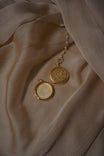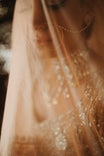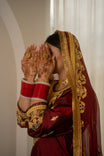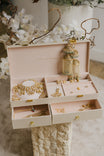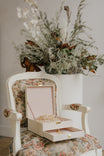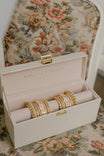About
OUR MISSION
RJS&Co is owned and run by two sisters with a passion to change the Indian jewelry industry, step by step. From a full customer service experience, to modern and elegant collections of the trendiest pieces, to connecting with our clients & supporters on a level not typical of Indian businesses, RJS&Co strives to offer a uniquely contemporary shopping experience.













